Book Review of Erich Neuman
Evo psych theorists area dime a dozen today, but who was the first one? I think there is a good case to be made that it might be Erich Neuman. What changed in mankind as we evolved from animals into conscious beings? In this book Erich Neuman charts the progress of that process and lays out a theory of the development of human consciousness. It is an imperfect theory yet perhaps the first attempt at this project.
Bibliography:
Neumann, Erich. The Origins and History of Consciousness. Translated by R.F.C. Hull, Princeton University Press, 1954.
Further Reading:
Rossi, Ernest Lawrence. The Psychobiology of Mind-Body Healing: New Concepts of Therapeutic Hypnosis. W.W. Norton & Company, 1993.
Laughlin, Charles D. “Neurophenomenology and the Transpersonal Dimension of Consciousness.” Anthropology of Consciousness, vol. 8, no. 2‐3, 1997, pp. 56-91.
Wilber, Ken. The Spectrum of Consciousness. Quest Books, 1977.
Grof, Stanislov. The Adventure of Self-Discovery. State University of New York Press, 1988.
Tarnas, Richard. The Passion of the Western Mind. Ballantine Books, 1991.
Walsh, Roger, and Frances Vaughan, editors. Paths Beyond Ego: The Transpersonal Vision. Tarcher, 1993.
Krippner, Stanley, and David Feinstein. Personal Mythology: The Psychology of Your Evolving Self. J.P. Tarcher, 1990.
Gould, Stephen Jay. The Panda’s Thumb: More Reflections in Natural History. W.W. Norton & Company, 1980.
Dissanayake, Ellen. Homo Aestheticus: Where Art Comes From and Why. University of Washington Press, 1995.
Key Points:
- Erich Neumann’s 1954 book “The Origins and History of Consciousness” is considered one of the earliest attempts to chart the evolution of human consciousness from an archetypal/depth psychology perspective.
- Neumann saw the development of human consciousness as progressing from an initial unconscious, animal-like state to higher levels of self-awareness and ego development.
- His work laid important groundwork for later evolutionary psychology theories, though his approach was more grounded in Jungian psychology than modern evolutionary science.
- Neumann’s ideas influenced later thinkers in transpersonal psychology, anthropology, and consciousness studies who explored the evolution of the human mind.
- While an imperfect early model, Neumann’s work represents an important precursor to the rise of evolutionary psychology as a field in the late 20th century.
Let me know if you need any clarification or have additional questions!

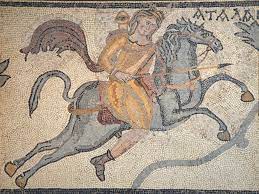
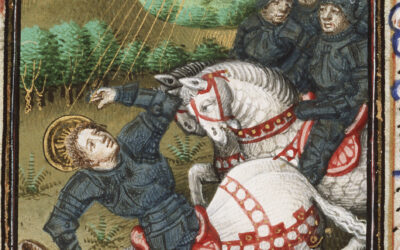

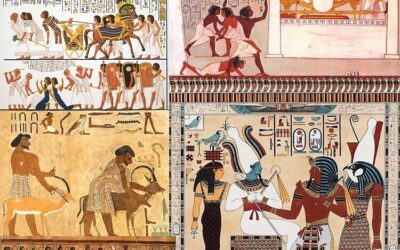
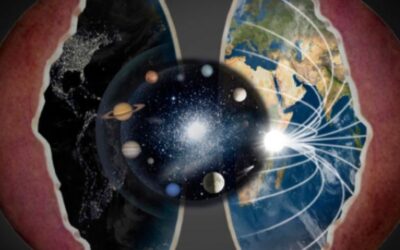
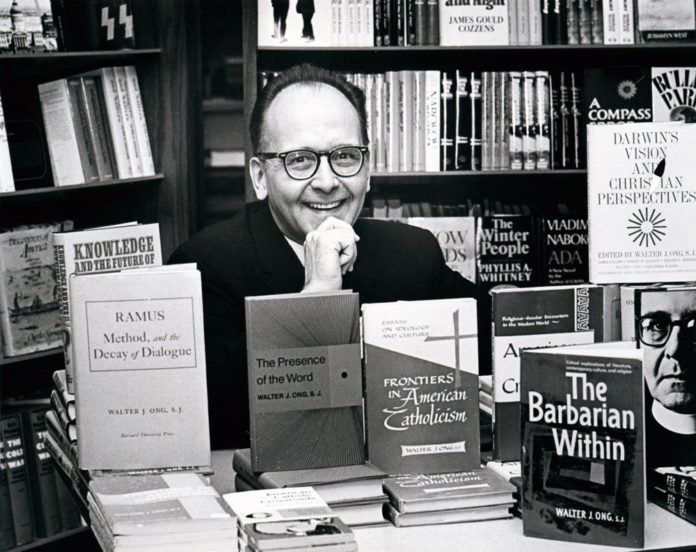
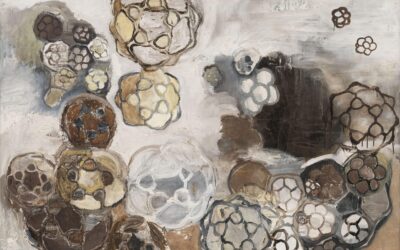
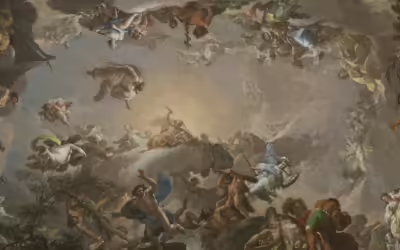
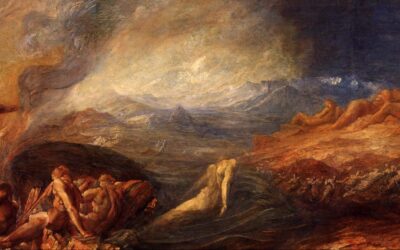

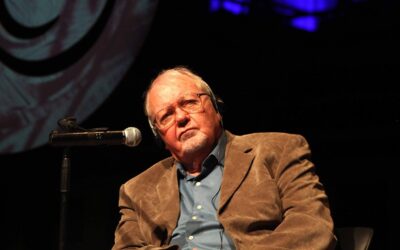
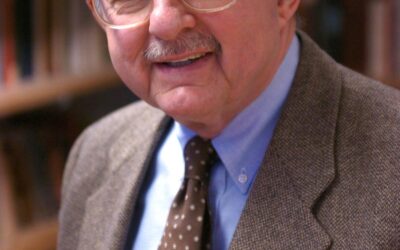
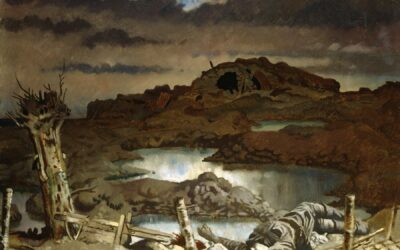
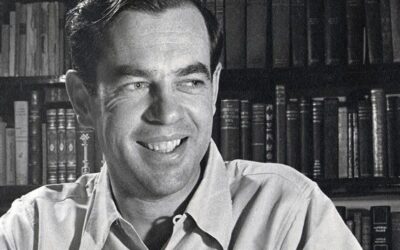
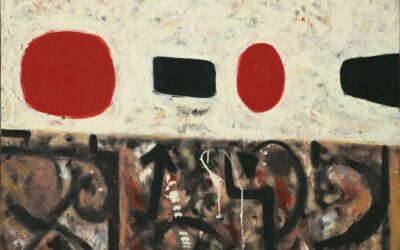



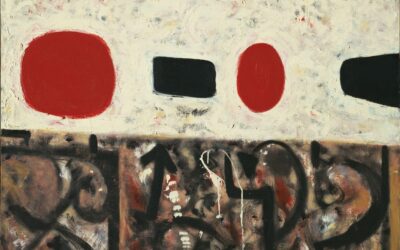
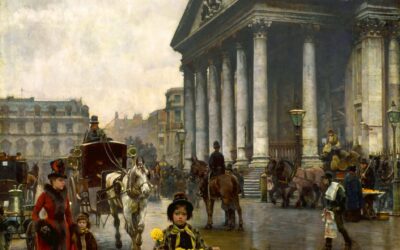
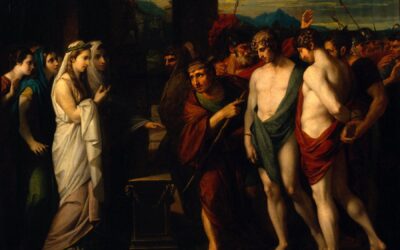
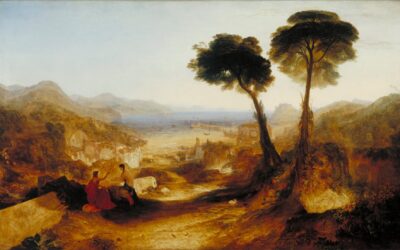
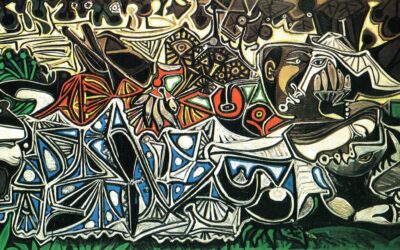
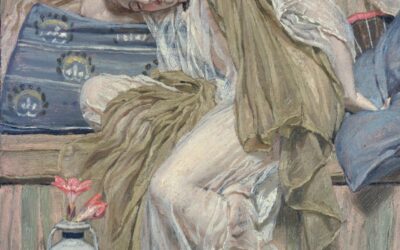
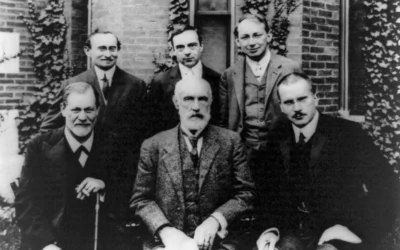
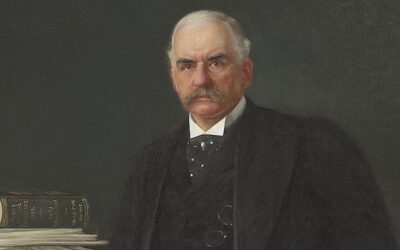
Hey there! I just want to offer you a huge thumbs up for your excellent info you have here on this post. Ill be coming back to your blog for more soon.
Thank you. You can check out our podcast for more